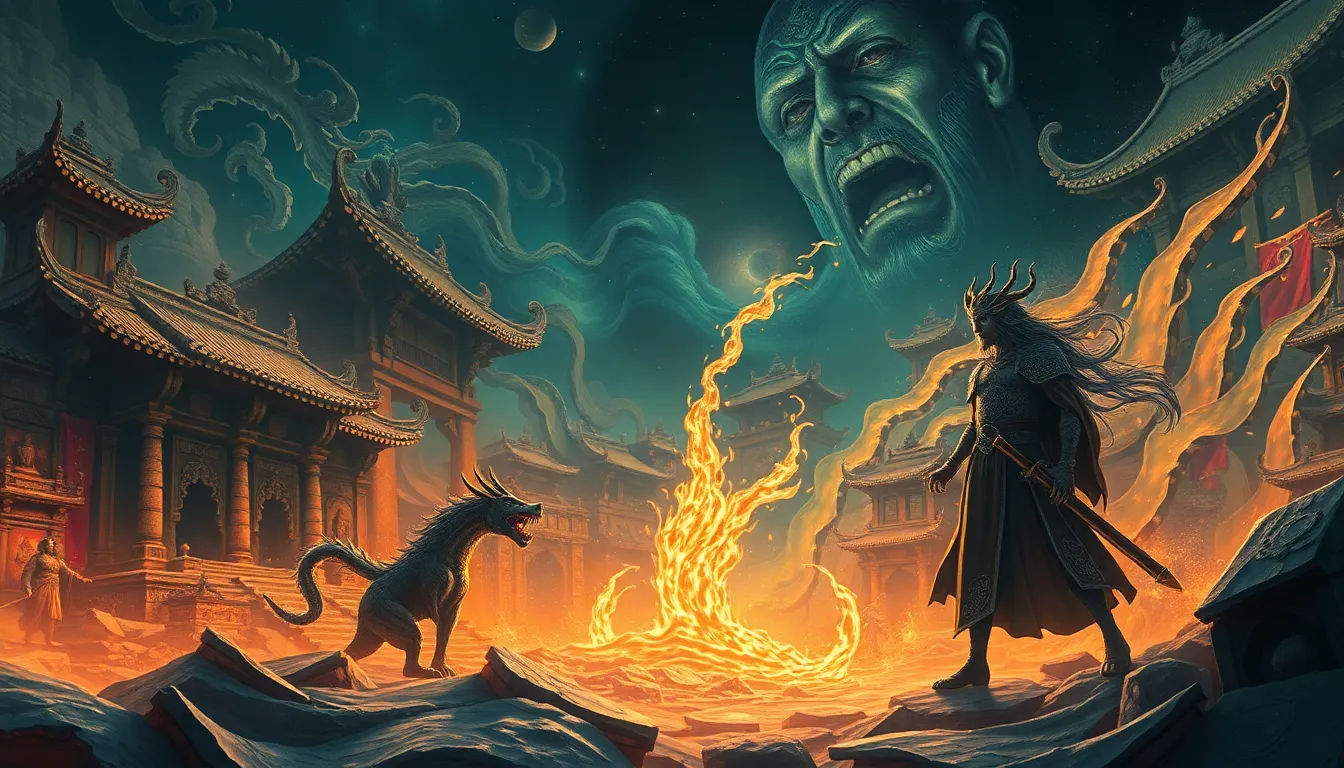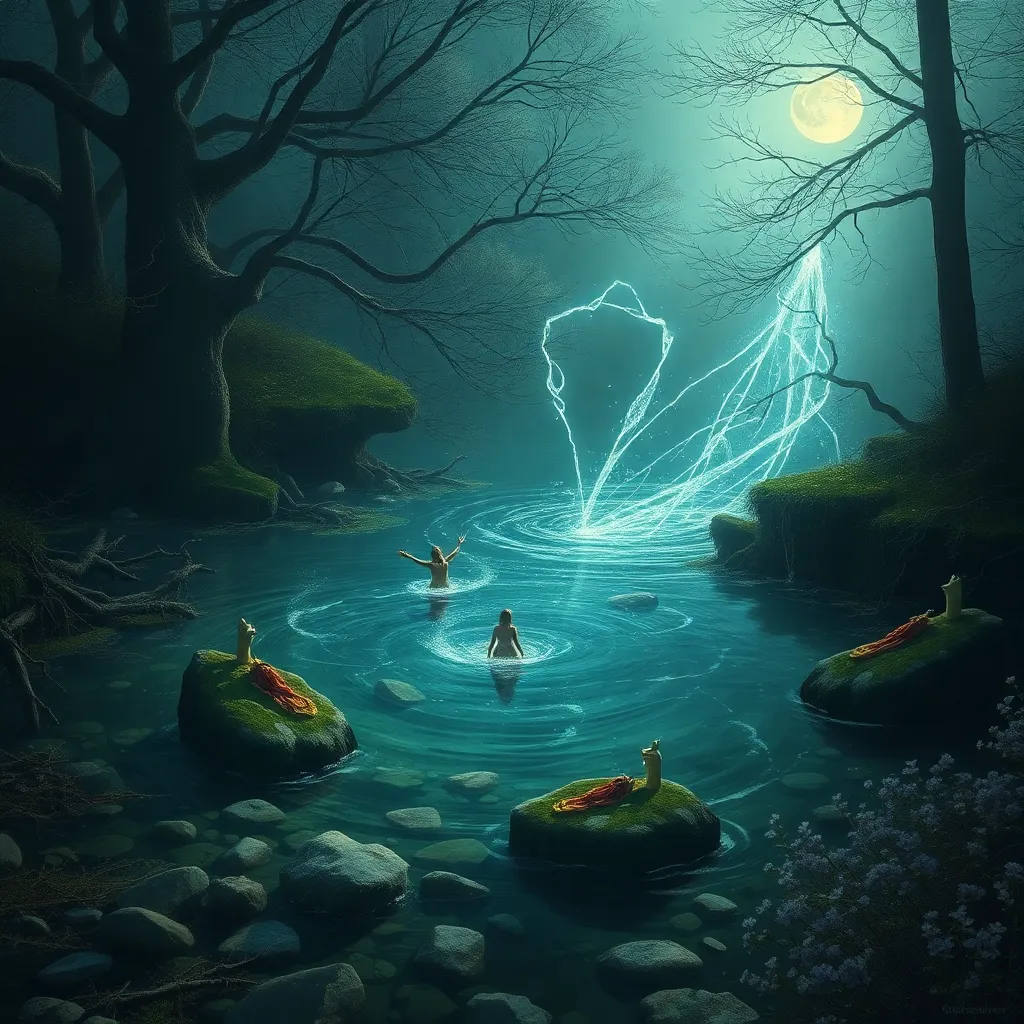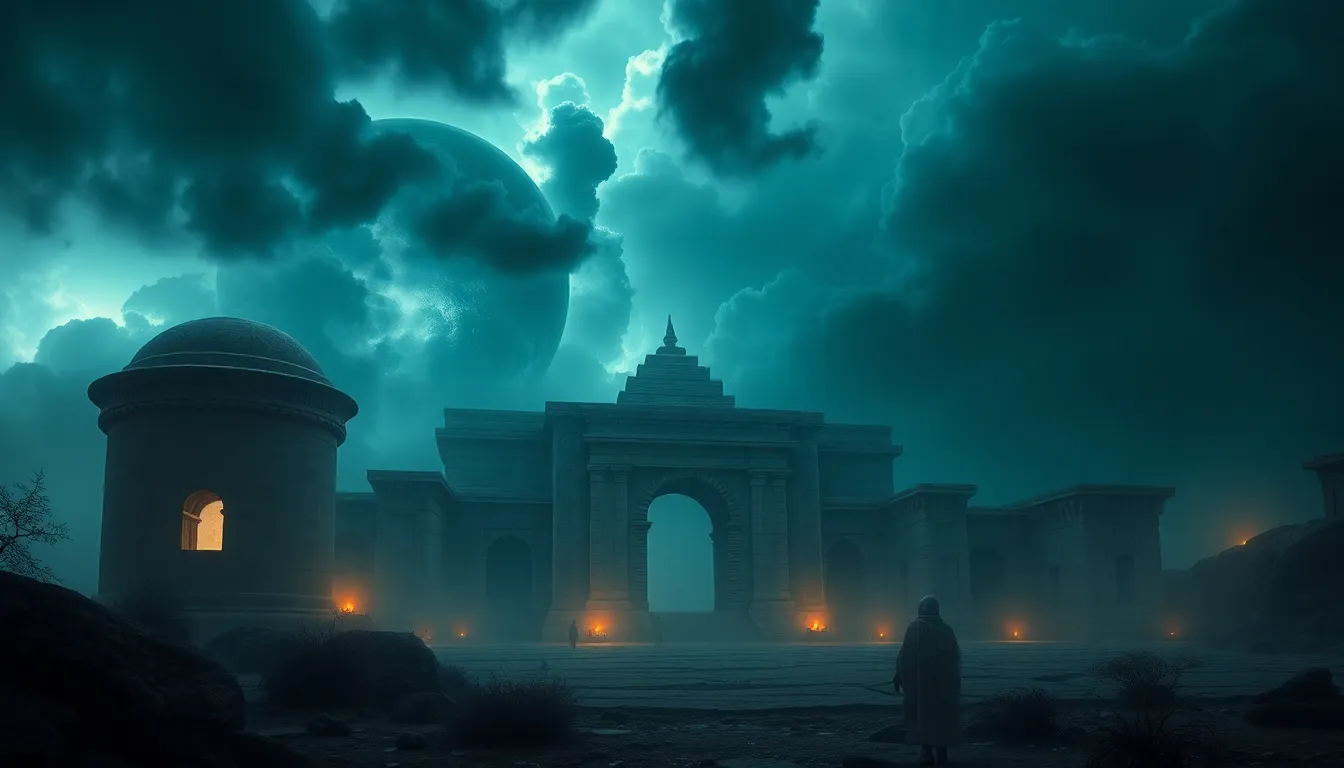The Rich Heritage of Cultural Hero Myths
Introduction to Cultural Hero Myths
Hero myths are foundational narratives that explore the lives and deeds of extraordinary individuals who embody the ideals of their culture. These myths vary widely across different societies, but they share a common purpose: to inspire, educate, and instill values within a community. By providing archetypal figures that personify the traits a culture admires, hero myths play a crucial role in shaping cultural identity and collective consciousness.
The Origins of Hero Myths
The roots of hero myths can be traced back to some of the earliest recorded civilizations. Ancient societies such as Mesopotamia, Greece, and Egypt crafted stories that celebrated the heroic deeds of figures like Gilgamesh, Hercules, and Osiris. These myths often reflected the societal values and challenges of their time, creating a framework through which cultures could understand their own experiences and aspirations.
- Mesopotamia: The Epic of Gilgamesh, one of the earliest known works of literature, illustrates themes of friendship, mortality, and the quest for immortality.
- Greece: Heroes like Achilles and Odysseus exemplify bravery, honor, and the complexities of human nature.
- Egypt: Myths surrounding Osiris emphasize themes of resurrection and the afterlife, reflecting the civilization’s beliefs about death and the divine.
Common Themes in Hero Myths
Across cultures, hero myths share several recurring motifs that highlight the journey of the hero. These themes include:
- The Hero’s Journey: A narrative structure where the hero ventures forth, faces challenges, and ultimately returns transformed.
- Trials and Tribulations: Heroes often face significant obstacles that test their resolve and character.
- Transformation: The journey changes the hero, leading to personal growth and understanding.
Additionally, archetypes such as the reluctant hero, the wise mentor, and the trickster figure are prevalent in these narratives, providing a rich tapestry of character types that resonate with audiences across generations.
Cultural Variations of Hero Myths
While hero myths share common themes, they also reflect the unique cultural landscapes from which they emerge. A comparison of hero myths from various regions reveals both similarities and differences:
- Western Myths: Figures like Hercules and King Arthur represent ideals of strength and nobility, often embodying the virtues of chivalry and bravery.
- Eastern Myths: Heroes such as Sun Wukong from “Journey to the West” and Rama from the “Ramayana” illustrate moral righteousness and the importance of duty.
- Indigenous Myths: Characters like Nanabozho and Coyote reflect the relationship between humanity and nature, emphasizing wisdom, adaptability, and cultural teachings.
The portrayal of heroes is deeply influenced by local culture, highlighting the values and beliefs that shape societal norms.
The Role of Heroes in Society
Hero myths serve as moral compasses for societies, inspiring individuals to aspire towards greatness and uphold shared values. They play a significant role in:
- Fostering a sense of community and belonging.
- Establishing ideals of heroism that guide behavior and decision-making.
- Encouraging resilience in the face of adversity.
Through storytelling, heroes become symbols of hope and strength, influencing the collective consciousness and cultural identity of communities.
Modern Interpretations of Hero Myths
In contemporary society, hero myths have evolved and adapted to reflect modern values and issues. Literature, film, and popular culture have all embraced these narratives, showcasing a new generation of heroes:
- Marvel Superheroes: Characters like Spider-Man and Black Panther address themes of responsibility, diversity, and justice.
- Fantasy Epics: Works like “The Lord of the Rings” and “Harry Potter” explore the hero’s journey within rich, imaginative worlds.
This evolution of hero narratives allows for a broader representation of diverse backgrounds and experiences, ensuring that hero myths remain relevant in discussions of social justice and equality.
The Psychological Significance of Hero Myths
From a psychological perspective, hero myths resonate deeply with human nature. They fulfill essential needs for:
- Role models that guide personal development.
- A framework for understanding complex emotions and experiences.
- A sense of purpose and meaning in life.
These narratives not only provide entertainment but also serve as tools for introspection and growth, allowing individuals to navigate their personal journeys.
Preservation and Revival of Hero Myths
Efforts to keep traditional hero myths alive are essential for cultural continuity. Storytelling, education, and performance arts play pivotal roles in this preservation:
- Storytelling: Oral traditions continue to pass down hero myths through generations, keeping cultural narratives alive.
- Education: Incorporating hero myths into curricula helps young people connect with their heritage.
- Digital Media: Technology allows for innovative retellings and adaptations, making ancient myths accessible to a global audience.
This revival encourages curiosity and appreciation for cultural narratives, fostering a deeper understanding of diverse heritages.
Critiques and Challenges
Despite their significance, hero myths are not without critiques. Idealizing flawed figures can lead to:
- Hero worship that overlooks the complexities of human nature.
- Perpetuation of stereotypes and cultural hegemony.
It is crucial to approach hero myths with a critical lens, acknowledging both their inspirational qualities and their potential to reinforce negative narratives.
Conclusion: The Enduring Legacy of Cultural Hero Myths
The legacy of cultural hero myths continues to shape societies in profound ways. As we reflect on their importance, we recognize their potential to inspire future generations. By engaging with these narratives, we foster cultural understanding and appreciation, ensuring that the rich heritage of hero myths remains a cherished part of our shared human experience.




